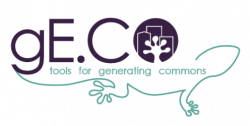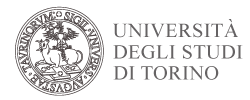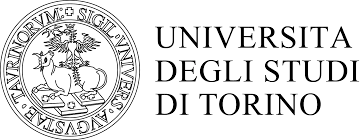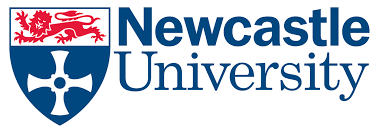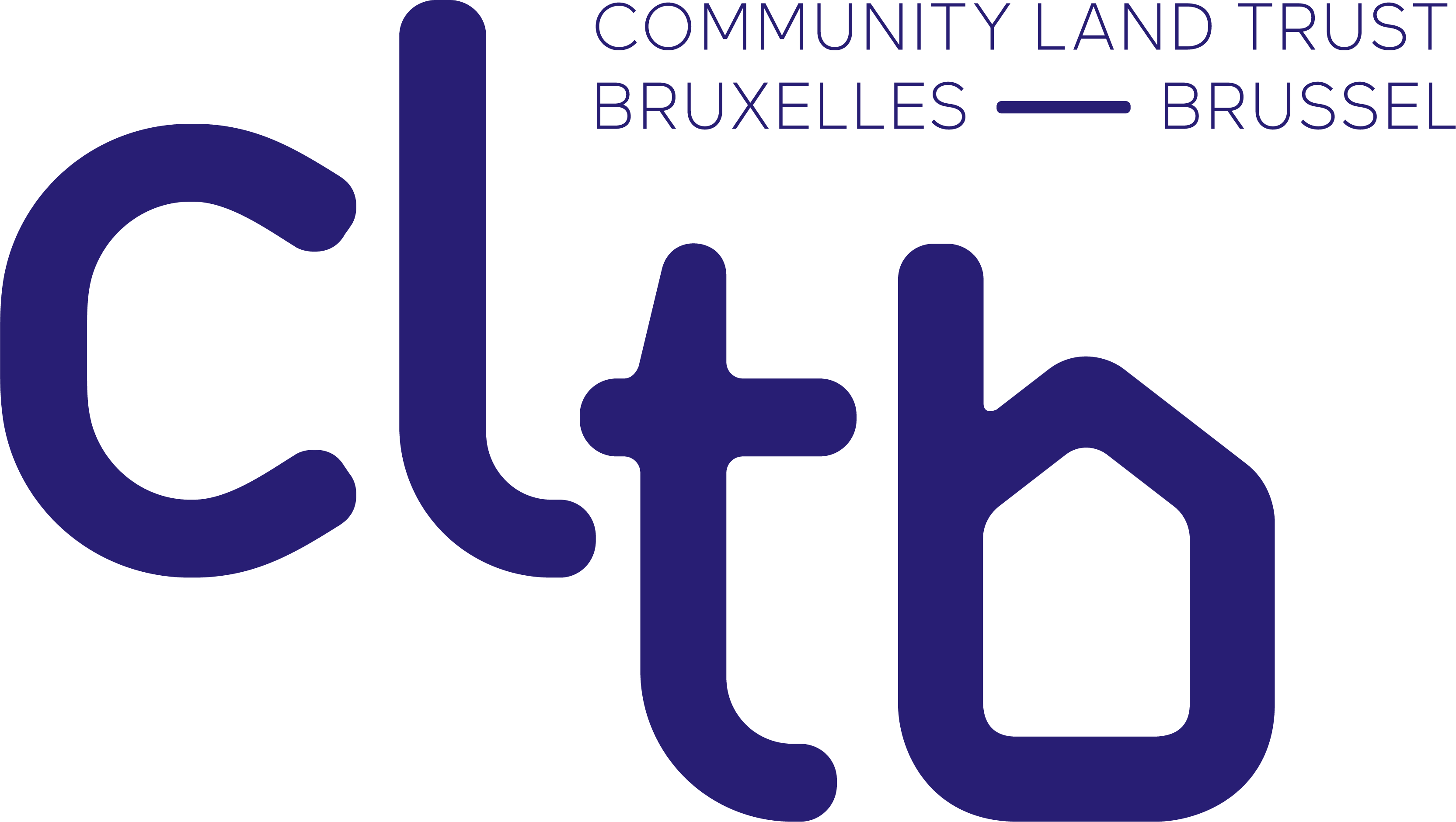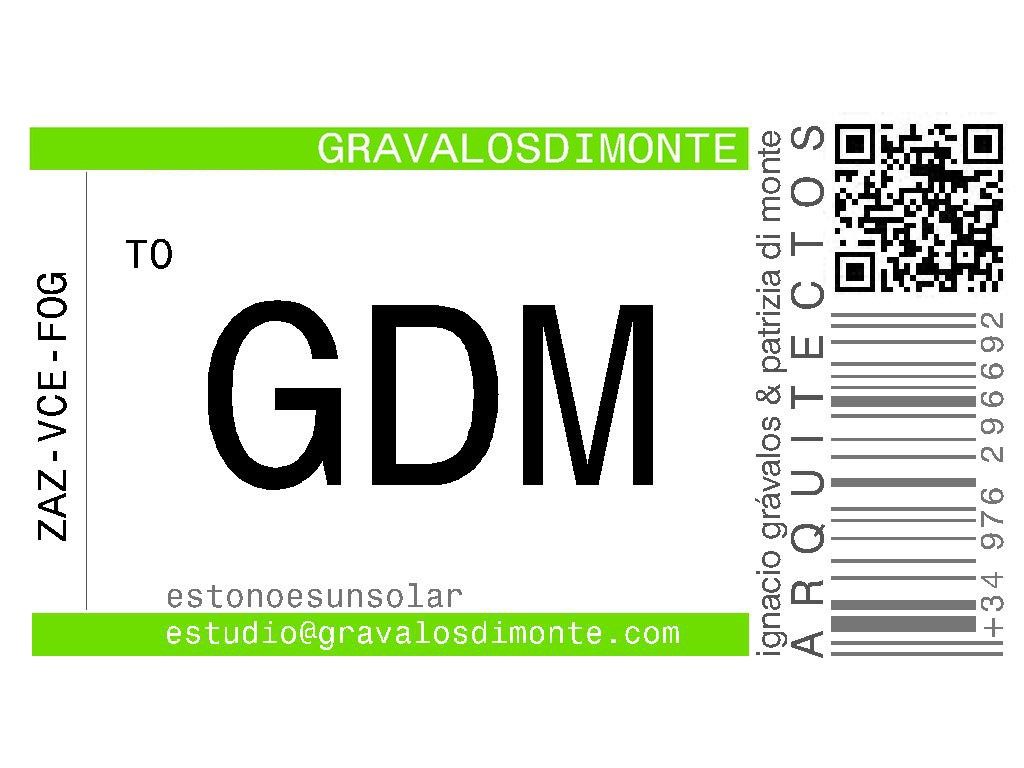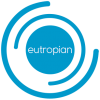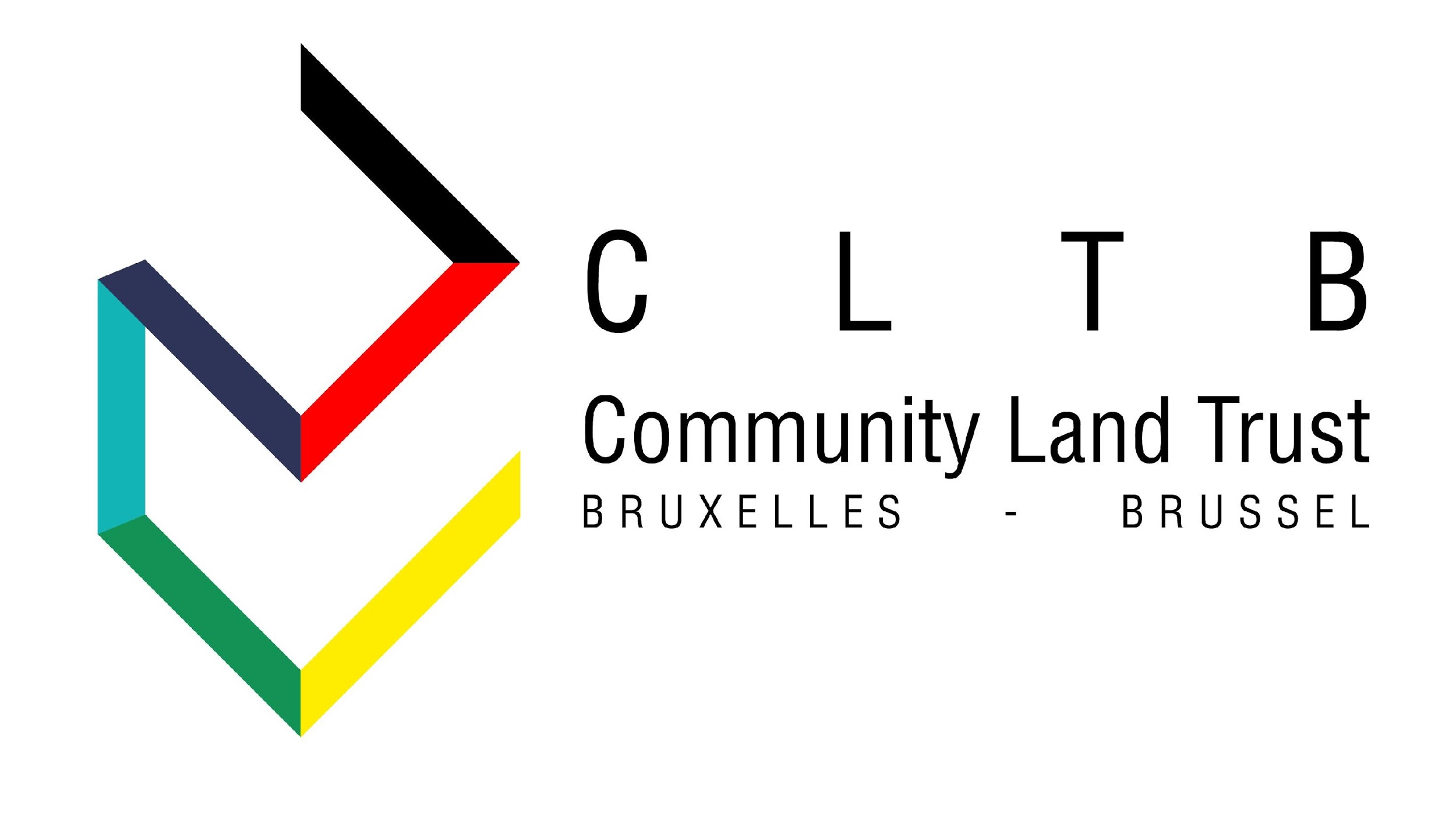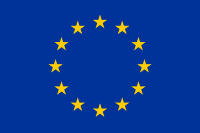Universita à Degli Studi di Torino
https://www.unito.it
The University of Torino (UNITO) is one of the largest Italian Universities, with about 75.000 students, 3.900 employees (academic, administrative and technical staff), 1.800 post-graduate and post- doctoral research fellows. Research and training are performed in 27 Departments, encompassing all academic disciplines.
According to ARWU international ranking, UNITO is ranked among the top 300 universities out of 1200, together with other five Italian universities. With reference to the most recent national evaluation of the university system (VQR 2011-2014), UNITO is ranked in the top three Italian universities in 9 scientific areas out of 16. As for internationalization, UNITO is involved in roughly 450 formal international cooperation agreements with institutions from all around the world (South America, Mediterranean countries, India and China, in addition to Europe), including joint educational programs at undergraduate and doctoral level. UNITO is deeply involved in scientific research and manages roughly 500 projects per year, both at national and international level. The long record of participation of UNITO in the EU strategic research agenda results from115 FP7 funded research projects, among which 33 UNITO- coordinated projects, 4 ERC grants as host institution and 4 Research Infrastructure projects. Under H2020, 70 projects have been funded so far (2014- 2018), among which 16 coordinated projects, 5 ERC grant as host institution.
In gE.CO Living Lab an interdisciplinary team of professors and researchers belonging to different Departments, a long-term collaboration, will pool together their know-how and experiences:
Department of Computer Science of Università degli Studi di Torino is known for its Artificial Intelligence Group, with about 30 Faculty members and 40 researchers. Its Social Computing Group (with 4 permanent members and 10 temporary staff) has carried out research on NLP, knowledge-based systems, legal ontologies, legal informatics and more recently on Geo-Informatics. In FP6, UniTo was coordinator of the WS- DIAMOND Web Services, and participated in TYPES, REWERSE, HOPS and INTEROP, in FP7 it participates via EUCases and Paraphrase. In H2020 it participates in the HyVar project.
Department of Law: the department coordinates the work of more than 130 teachers; researches concern all the field of studies in Law, both at national and international levels, such as Constitutional law, ecclesiastical and canonical law, private law, trade law, labour law, criminal law, administrative law, civil and criminal procedures, international law, comparative law and tax law. Also, studies involve historical and philosophical disciplines. The department is part of several international networks and participates in many research projects financed from external authorities among which European Commission.
IcxT – ICT and Innovation for the Society and the Territory: An interdisciplinary research centre in UNITO created with the aim to develop technologically innovative projects together with small and medium- sized enterprises and with the territory on themes such as Internet of Things, Factories of the Future, Energy, Food, Smart Communities. ICxT is structured in six different laboratories: Smart Personal Technology, Energy lab, Food lab, Factory Lab, Smart Society, BPM and BIG Data Fusion, USER experience; it is sponsored by Telecom and other 49 industrial partners. It was born from the cooperation between Computer Science, Psychology, Sociology, Law, Economics and Management departments in UNITO, having the Department of Computer Science as its administration department and leading department for this proposal.
Team members
Alessandra Quarta is an Assistant Professor of Private Law in the Department of Law of the University of Turin. She obtained the national scientific qualification to function as Associate Professor in 2017. In the period 2014-2017 she was a research fellow at the University of Turin, after receiving her PhD in Private Law from the University of Foggia. From 2011 to now, she has been Director of the Research at the International University College of Turin where she teaches a course dedicated to Property & the Commons. She previously taught Private Law at the Faculty of Law of the University of Eastern Piedmont (academic years 2013-2014; 2014-2015). She coordinates the legal research of the European Project Co-city (UIA call). Her research interests involve property rights, the commons, contract law and new legal institutions created by sharing and self-organizations. She has published many articles in peer-reviewed journals, most of them included in the A class, the top of Italian journals. She published in English articles and papers and a new monograph with Ugo Mattei The Turning Point in Private Law. Technology, Ecology and the Commons.
Ugo Mattei is Alfred and Hannah Fromm Professor in International Law at the University of California, Hastings College of the Law, and Professor of Civil Law at the University of Turin. Previously, he was Professor at the University of Trento, recipient of a call by the European University Institute in Fiesole, Visiting Professor at Montpellier University, Berkeley, and Macau and Visiting Scholar at Yale University and at Cambridge. He serves advisory roles in many academic institutions including: the Fribourg Institute of Comparative Law, the Austrian and the Romanian Societies of Comparative Law and the Institute of Law, Economics and Finances at Copenhagen Business School. In addition, he is a member of the International Academy of Comparative Law, Editor-in- Chief of Global Jurist, editorial board member of the International Revue of Law and Economics and the Rivista Critica del Diritto Privato [Critical Review of Private Law], as well as former board member of the American Journal of Comparative Law. Beyond his academic work, he has also been a prominent advocate of many Italian struggles for the reclamation of the commons. He was amongst the drafters of a landslide referendum that reversed water privatization in Italy, as well as serving as a consultant to the endeavour of collective self-management of the Teatro Valle, in the heart of Rome, and was President of Acqua Bene Comune (ABC) Napoli, the largest experiment of a re-publicized water board in Italy, in the city of Naples. Professor Mattei’s work is highly interdisciplinary. He has published eighteen books and well more than one hundred other publications in English, Italian, French, Spanish, Portuguese, Swedish, Russian, Chinese, Japanese, and Ukrainian. Among his works there are influential academic monographs on private law, comparative law, international law and legal theory, alongside a number of books for the general public, which criticize the public role of the law, and argue for its re-orientation towards the paradigm of the commons.
Guido Boella is a Computer Scientist and scientific coordinator of the H2020 project CO3. He was coordinator of the 2008-2012 ICT4LAW project with a budget of 3.5m € and 15 partners. He is vice director of the prestigious Erasmus Mundus Joint Doctorate in Law, Science and Technology EMJD LAST-JD 2012-2018, and was participant to the HOPS FP5 project. Prof. Boella authored over 200 papers on natural language processing, agent theory, ontologies and legal informatics. He is in the editorial board of the Logic Journal of IGPL and of Applied Ontology Journal. He is the author of Syllabus, Eunomos and First Life software and co-founder of the spinoff Nomotika. In the geo-informatics field, he is the author of the First Life project funded by MIUR and coordinator of the SeeS@W and Librare projects funded by Regione Piemonte. He is now working on blockchain for social good technologies with the projects BLINC, CO3 and PININ.
